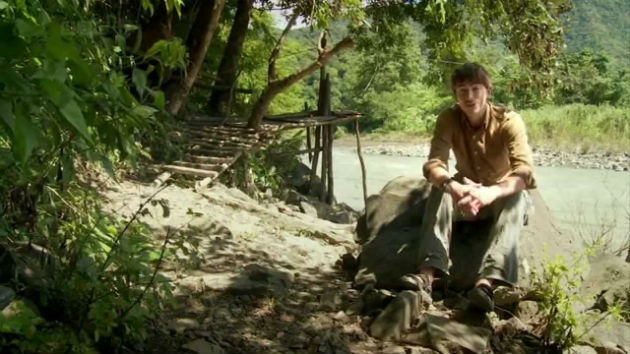In June 2, 2014, Michael C. Hall travels to Bangladesh to see how climate change will impact workers and the poor in developing countries in the coming decades, when a projected 150 million people will be forced to leave their homes to escape sea level rise and increased drought, insect-borne disease and flooding.
He finds that in low-lying, flood-prone, densely populated Bangladesh, sea level rise and the lengthening of the monsoon season, both caused by global warming, have already caused a migration of coastal people to Dhaka and other cities, and even across the border into India, because they have lost their homes or livelihoods. These factors are projected to lead to the displacement of 20 million of Bangladeshis by 2100, who are often forced to take dangerous work. Hall notes that since the US has contributed a large portion of the emissions already in the atmosphere, it bears responsibility for the climate change impacts in poorer nations.
On June 9, 2014, Hall concludes his journey to Bangladesh, where rising seas are expected to submerge 17% of the country. He learns that global warming is a human rights, public health and foreign policy issue.








